by H. Demirchian
Now that we’re about a month into 2025, it feels like a good time to check in on any resolutions—if you’re the resolution type.
Personally, I think resolutions should be a little fun and help nudge us along a path we’re already walking down. In 2025, I have a goal of saying “yes” more—along with finding more opportunities for joyful movement. That means more cupcakes and more walks. Hey, it’s all about balance, right?
If you’re a small business owner, chances are you’ve also set some goals for the year ahead. Whether that’s growing your team, expanding your market share, or improving your customers’ experience, the new year gives us a great benchmark to reflect on where we’ve been—and where we’re headed.
But why are resolutions so hard to keep? Why do some goals just seem insurmountable? I promise it isn’t you—it might just be how we’re setting our goals.
Connect to the “why”
When we set goals, we often focus on the what instead of the why. While that might seem like the logical starting point, we’re actually more likely to follow through when we tie our goals to a deeper purpose.
Take this example: You want to sign up 20 new customers for your loyalty program in Q1. You could ask your team to make it a priority, and they might—for a while. But without a compelling reason behind it, other daily tasks tend to take over. Now, if you tie that goal to something meaningful—like making scheduling easier, improving resource planning, or hitting an important business milestone—your team is much more likely to stay engaged.
When goals connect to a bigger purpose, they feel less like just another task and more like a step toward something valuable. Plus, when tough decisions come up, having that “why” in place makes the right choice clearer—and keeps everyone motivated.
Maybe your resolution is just too big
Sometimes, a resolution is better suited as a long-term goal—one where the light at the end of the tunnel is a little farther off. For example, if you love online shopping, committing to a full “no-spend” year might be too ambitious.
But setting a goal to stick to a monthly budget or build your savings before making a purchase? That’s much more doable—and sets you up for success.
The same goes for your business. If you’re building or revamping your customer support practices, it’s smarter to aim for realistic, growth-focused goals rather than expecting an overnight transformation.
Consider using SMART goals—Specific, Measurable, Actionable, Rewarding, and Time-specific—to stay on track. This framework helps break big goals into manageable steps, keeping momentum strong and progress consistent. With a strategic timeline and thoughtful use of resources, you can turn lofty ambitions into achievable milestones.
Other tips and tools
To build on your goal-setting journey, here are a few more strategies to set yourself up for success:
- Anticipate obstacles. If your goal is to enhance your online presence, identify possible challenges—like limited time or technical know-how. Planning ahead allows you to find solutions, whether it’s delegating tasks or bringing in outside help.
- Be flexible. It’s okay to adjust your goals as circumstances evolve. Flexibility helps keep objectives relevant and attainable.
- Celebrate progress. Every milestone counts, no matter how small. Acknowledging wins boosts morale and reinforces your commitment to the bigger picture.
By embracing these practices, you’re paving the way for long-term success—and making the journey a whole lot more rewarding.
You’ve got this!
No matter your business resolutions for 2025, AI Help Desk is a trusted partner to hundreds of small businesses. We’re here as the long-term solution for your short-term goals. Learn more at AI Help Desk or visit our blog for more inspiration.




